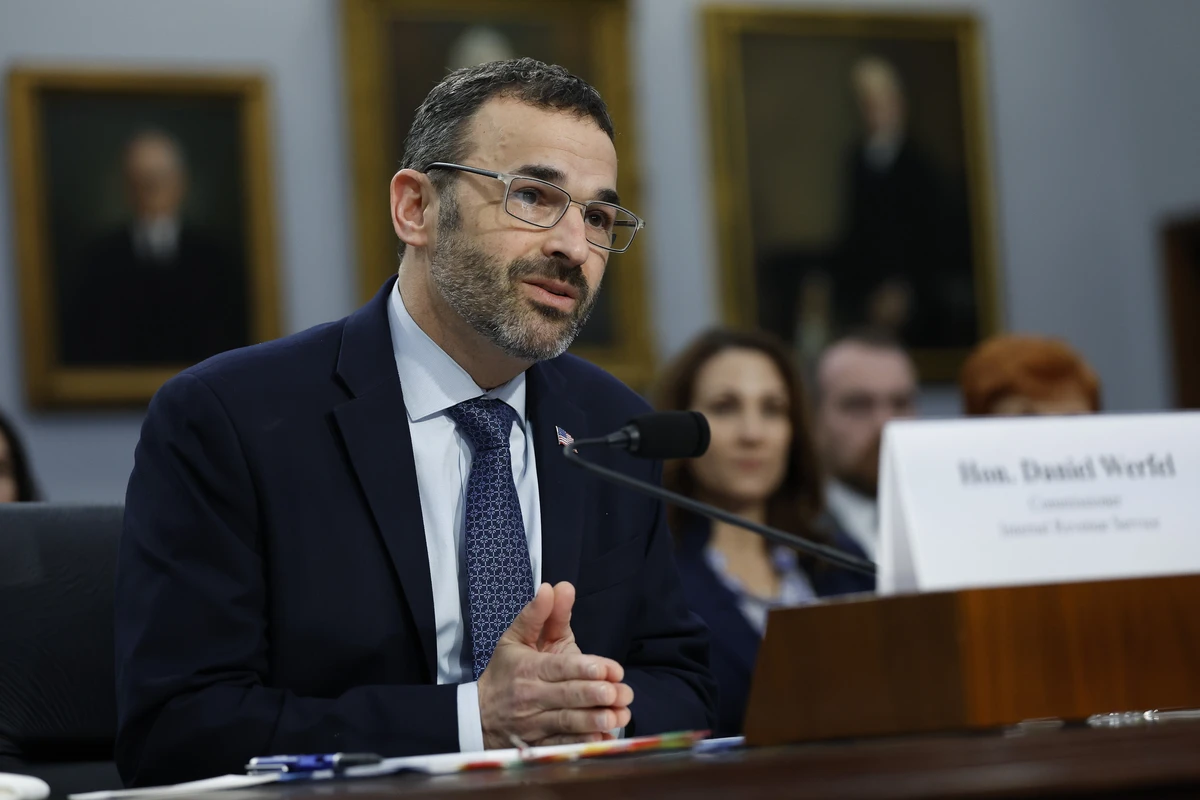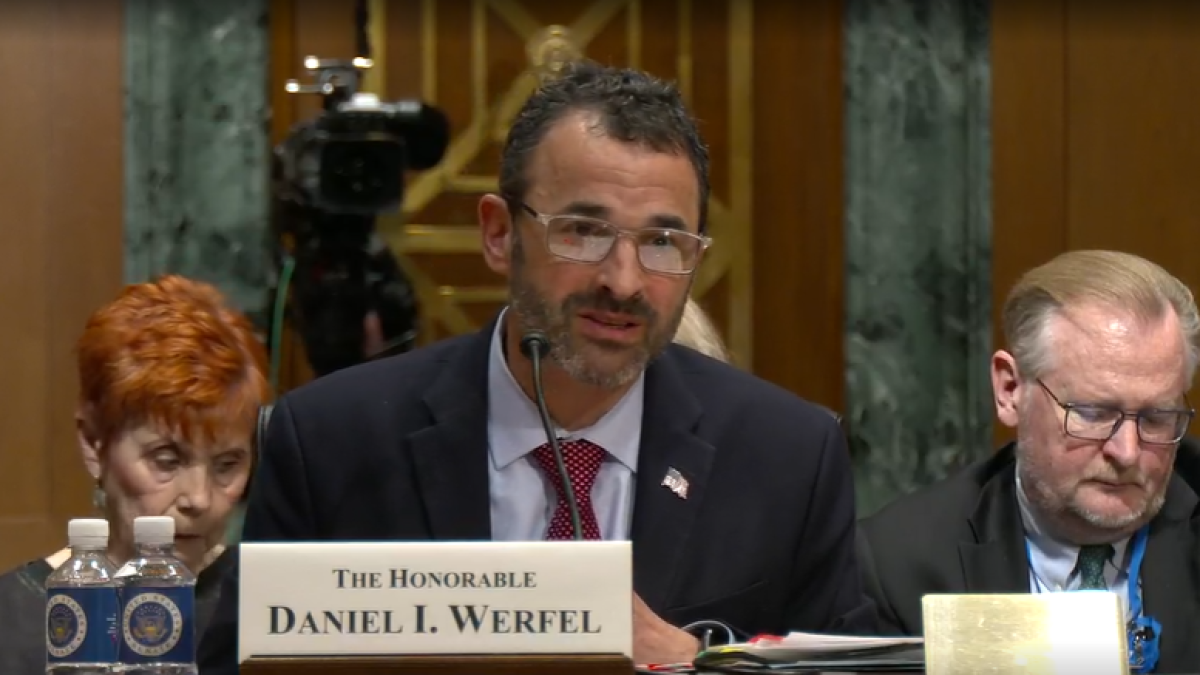Closing the “Basis Shifting” Loophole: IRS Targets Tax Evasion
Warren Applauds Biden’s Commitment to Tax Fairness Amidst Partisan Divide
According to Common Dreams, the IRS has significantly strengthened federal revenue by announcing comprehensive reforms to close a major tax loophole often exploited by corporations and the wealthiest individuals. Known as “basis shifting,” this tactic allows business partners to manipulate the values of their assets thereby avoiding substantial tax obligations. According to estimates from the Treasury Department these reforms are projected to contribute more than $50 billion to government funds over the next decade. This crackdown represents a critical move towards addressing longstanding issues of tax evasion that have disproportionately benefited the ultra-wealthy.
Senator Elizabeth Warren has been a vocal supporter of these IRS initiatives applauding the Biden administration and Democratic lawmakers for their commitment to tax fairness. She emphasized the importance of these reforms in ensuring that high-income earners and corporations fulfill their tax responsibilities arguing that complex tax strategies have allowed some to evade their fair share for too long. The announcement comes amid heated debates in Congress over IRS funding levels with Democrats advocating for increased resources to combat tax evasion while Republicans push for cuts revealing deep ideological differences on fiscal policies.
READ ALSO: Walmart’s Tech Revolution: Walmart CEO Promises To Help People Better With 4 Big Changes

$50 Billion Windfall: IRS Cracks Down on Corporate Tax Loophole, Strengthening Federal Revenue-Check it out! (PHOTO: Common Dreams)
Divided Views on IRS Reforms: Balancing Oversight and Economic Impact
Critics of the IRS reforms particularly among Republican lawmakers have raised concerns about expanding IRS powers and funding. They argue that increased oversight could lead to government overreach and bureaucratic inefficiency potentially stifling economic growth by imposing heavier regulatory burdens on businesses and individuals. This opposition underscores broader societal divisions over wealth distribution and tax policy shaping the direction of future fiscal reforms in an era marked by economic inequality and political polarization.
Overall the IRS’s crackdown on “basis shifting” reflects a concerted effort to enforce tax laws more rigorously and ensure greater fairness in the tax system. The outcome of ongoing debates over IRS funding will likely have significant implications for how the government addresses tax evasion and income inequality moving forward influencing the landscape of fiscal policy in the United States.
READ ALSO: $3,050 Average Refund In 2024; 93.9M Taxpayers Receive Refunds, Down 1.2% From Last Year-Fewer Refunds Bigger Checks!

















































